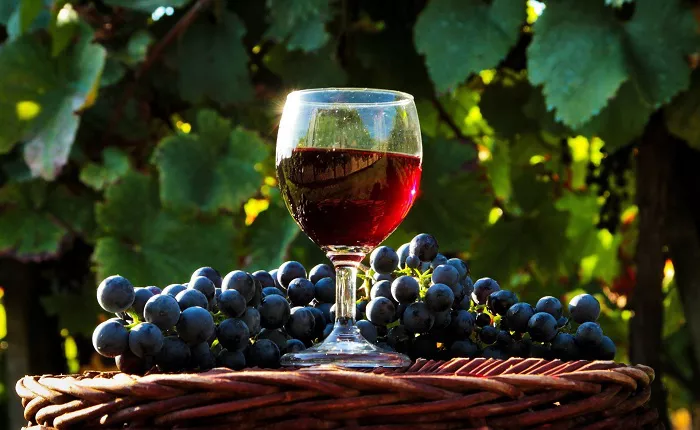The Pacific Northwest wine industry is experiencing a unique situation: British Columbia faces a severe shortage of grapes due to a harsh winter freeze, while Washington State has an abundant supply. This contrast has created an unexpected but beneficial partnership between the two regions.
In January, a deep freeze hit British Columbia, destroying nearly all the grape buds in the province. The result was a total loss of the grape crop for many local vineyards, including Ron Kubek’s Lightning Rock Winery in Summerland. Kubek’s 23-acre vineyard was completely wiped out by the freeze.
In response, Kubek traveled to Washington this summer to source grapes, as British Columbia’s vineyards are not expected to recover quickly. The provincial government has allowed a temporary measure for 2024: British Columbia wineries can use grapes and juice from outside the province to produce wine.
Miles Prodan, CEO of Wine Growers British Columbia, explained that this provision is crucial for keeping wineries in business. Most of the province’s approximately 350 wineries are small, “land-based” operations required to use 100% British Columbia grapes. The temporary waiver allows these wineries to produce wine with grapes from Washington, Oregon, or even unfinished wine from Ontario.
“We need to ensure that the wine produced is of high quality and meets consumer expectations,” Prodan said. The waiver includes relief measures like removing the minimum production requirement for license renewals and allowing wineries to revert to their previous status next year.
Despite the relief, challenges remain. The temporary measure does not extend to red wine production or traditional sparkling wines, which require longer aging periods. “British Columbia may see an influx of aromatic whites,” Kubek said, unless the exemption is extended.
Additionally, many vineyards need replanting, meaning a full recovery will take several years. However, the situation presents an opportunity for Washington growers. John Derrick, vice president of vineyard operations at Mercer Ranches and a board member of the Washington Winegrowers Association, views the partnership positively.
“This is a real positive,” Derrick said. “There will be new relationships formed, and B.C. producers might use Washington products for years to come.”
The Washington Winegrowers Association worked diligently to navigate the export process to British Columbia. They created fact sheets and coordinated with the Washington State Department of Agriculture to facilitate the process.
Colleen Frei, Executive Director of the Washington Winegrowers Association, expressed gratitude for the support. “It’s unfortunate, but Washington’s help is fantastic. We have a large crop this year, and this partnership helps us utilize our supply.”
Kubek has found high-quality Washington grapes at a significantly lower cost compared to local prices. “Last year, we paid $4,400 for a ton of Cab Franc. This year, I’m getting it delivered for $2,200,” he noted.
This price advantage has led Kubek to consider long-term partnerships with Washington growers. He envisions selling Washington-produced wines in other Canadian markets, where provincial trade barriers and high input costs often lead to steep markups.
“In Canada, there is no free trade among provinces,” Kubek explained. “The quality of Washington fruit at a reasonable price will help us compete in the rest of Canada while preserving our own grapes for British Columbia wines.”
The collaboration between Washington and British Columbia wineries highlights the resilience and adaptability of the Pacific Northwest wine industry. While British Columbia recovers from a devastating freeze, Washington’s surplus grapes provide a valuable lifeline, fostering new opportunities and partnerships in the region.


